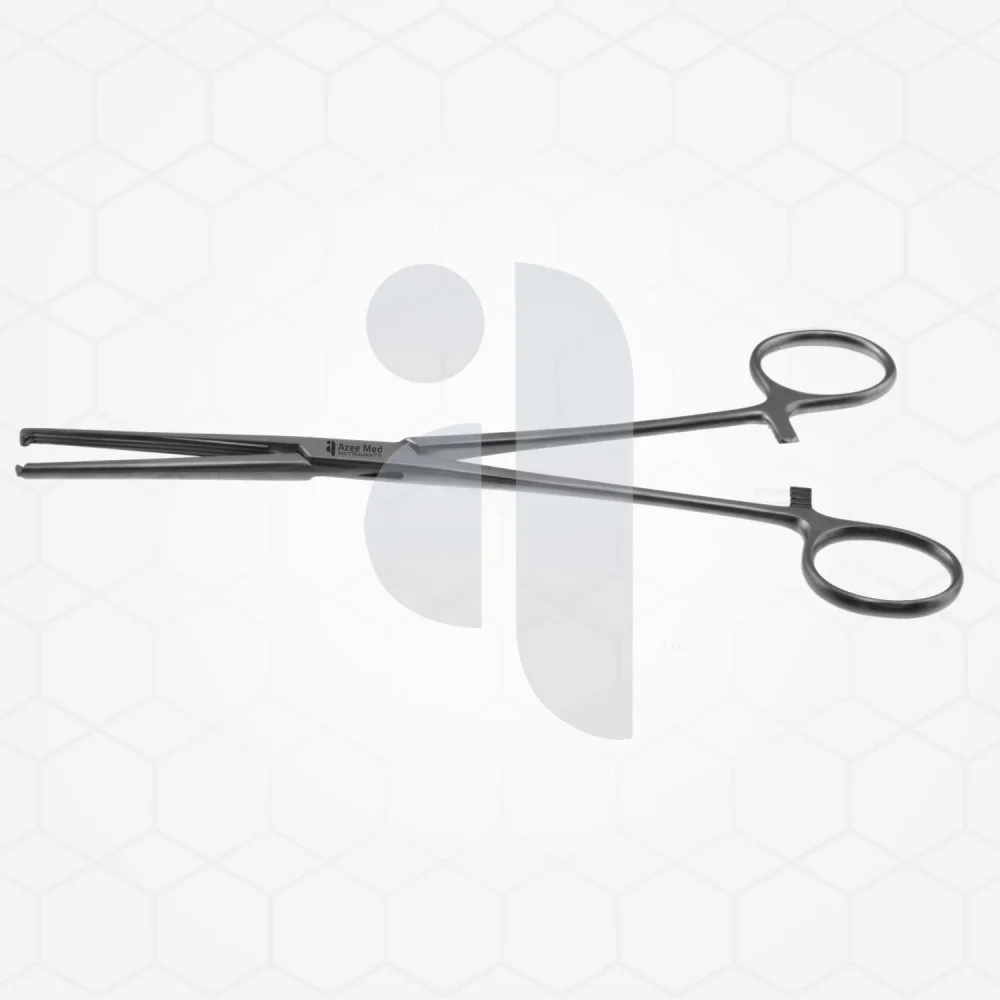The Essential Role of the Bowel Clamp in Modern Surgery
Wiki Article

Azeemed Instruments® is committed to equipping surgical professionals with instruments that exemplify precision, reliability, and quality. In the demanding environment of the operating room, every tool plays a critical role in achieving successful patient outcomes. Among these essential devices, the bowel clamp stands out for its specific and vital function in a wide range of abdominal procedures, ensuring safety and control during delicate operations.
Understanding the Function of a High-Quality Bowel Clamp
The primary purpose of a bowel clamp is to occlude the lumen of the intestine temporarily. This action is crucial for preventing the leakage of intestinal contents into the abdominal cavity, which could otherwise lead to severe contamination and infection. Surgeons rely on these clamps during procedures such as bowel resection, anastomosis, or repair of intestinal injuries. A well-designed clamp provides a secure grip without causing unnecessary trauma to the delicate tissues of the bowel wall, a balance that is essential for promoting proper healing post-surgery.
Diverse Applications and Instrument Synergy
While the bowel clamp is a specialist tool for gastrointestinal surgery, its importance is best understood within the broader context of a surgeon's complete toolkit. The precision required in abdominal surgery is mirrored in other fields, such as neurology, where instruments like a neuro tuning fork are used for diagnostic assessments. Just as a neurologist depends on the accuracy of their tools, a general surgeon places immense trust in their clamps. From routine appendectomies to complex cancer resections, the right clamp ensures a clean and controlled surgical field, allowing the surgeon to work with greater efficiency and confidence.
Design Features That Define Excellence
Not all clamps are created equal. The design of a superior bowel clamp incorporates several key features that professionals at Azeemed Instruments® prioritize. These include atraumatic serrations that hold tissue firmly but gently, preventing slippage and minimizing tissue damage. The locking mechanism, often a ratchet system, must be both secure and easy to engage or release with one hand. Furthermore, the materials used, typically high-grade stainless steel, ensure durability, resistance to corrosion, and the ability to withstand repeated sterilization cycles without compromising performance.
Choosing the Right Instrument for Optimal Surgical Outcomes
Selecting the appropriate surgical tools is a decision that directly impacts patient safety and recovery. For procedures involving the intestines, a dependable bowel clamp is non-negotiable. Azeemed Instruments® provides a range of clamps designed to meet the varied demands of abdominal surgery, ensuring that every professional has access to tools that meet the highest standards of craftsmanship. By choosing high-quality, purpose-built instruments, surgical teams can enhance their precision and contribute to better patient care and more successful procedures.
Report this wiki page